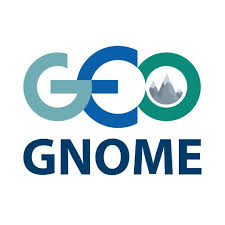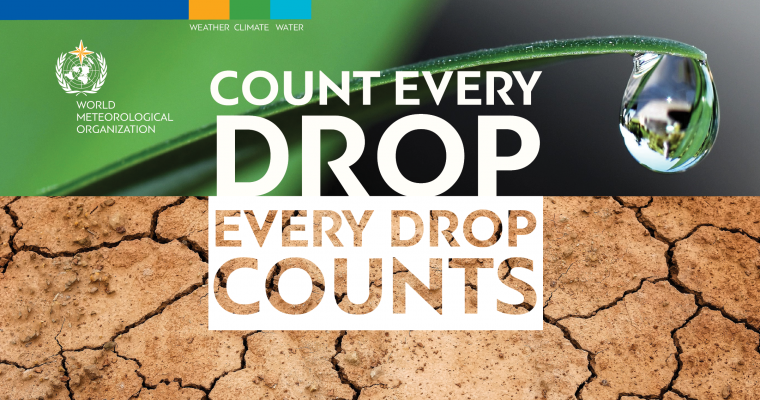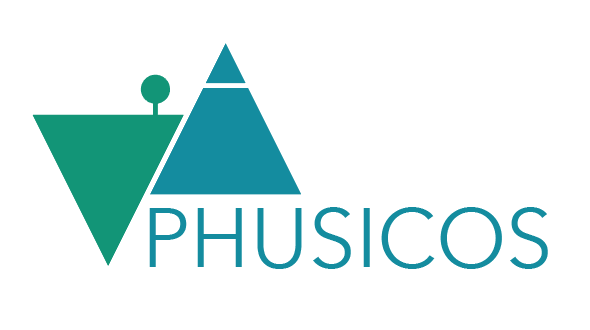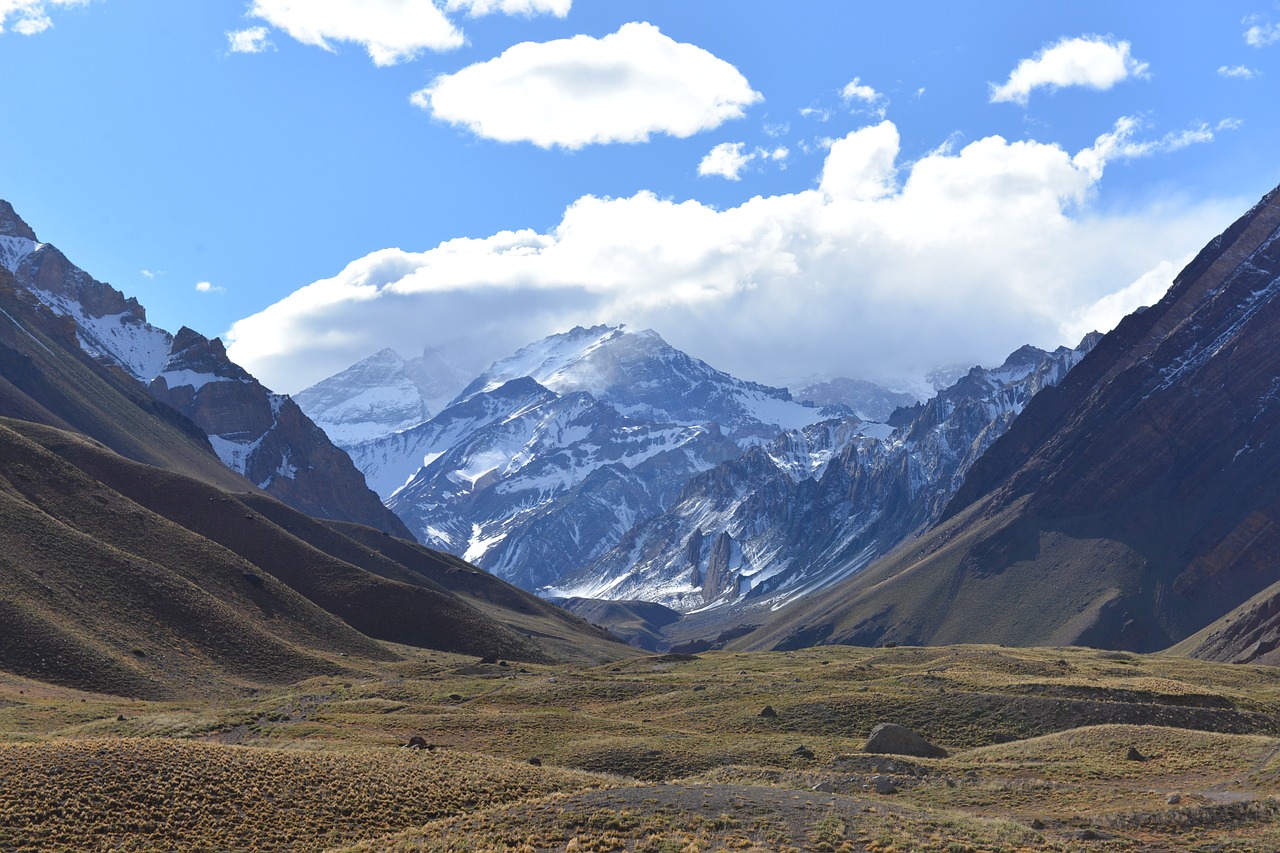News
- Details
- Category: MRI News
Established in 2016, the Global Network on Observations and Information in Mountain Environments (GEO-GNOME) is a GEO Work Programme Initiative, jointly co-led by the Mountain Research Initiative (MRI) and the Institute for Atmospheric Sciences and Climate of the National Research Council of Italy (ISAC-CNR). In line with GEO’s objectives, GEO-GNOME aims at connecting and facilitating access to diverse sources of mountain observation data and information regarding drivers, conditions, and trends in biophysical and socio-economic processes of change at different scales.
- Details
- Category: MRI News
Last February, the inaugural World Biodiversity Forum (WBF) brought together more than 500 participants, among them leading researchers, early career researchers, practitioners, representatives from different sectors, decision-makers, and societal actors to discuss and exchange on the kind of future they want for the world, its biodiversity, people, and environment.
- Details
- Category: Global News
As we now ramp up activities for the start of the second quarter of 2020, we also take stock of the various activities that are currently ongoing and that are of particular importance for the Intergovernmental Panel on Climate Change (IPCC) Sixth Assessment cycle (AR6), in particular the assessment and reporting conducted by its three Working Groups: 1) Working Group (WG) I - The Physical Sciences Basis; 2) WGII - Impacts, Vulnerability and Adaptation; and 3) WGIII - Mitigation of Climate Change.
- Details
- Category: MRI News
The latest issue of the World Meteorological Organisation’s official journal, the Bulletin, features a Climate & Water theme, underlying the importance of including water in climate policy discussions as part of the World Meteorological Day and World Water Day, celebrated together for the first time on 23 March. The Climate & Water theme is reflected in the slogan for the celebration "Count Every Drop, Every Drop Counts", and a dedicated site is available from the WMO website to access material such as fact sheets and posters for download.
- Details
- Category: New Publication
While human-induced climate change is well-known, identifying individual factors based on human activity that contribute to climate change merits further research.
- Details
- Category: Global News
The series of ‘Transformations Talks’ aim to explore innovative work in research and science communication that has the potential to contribute to transformations to sustainability. They are hosted by the ISC Secretariat for the Transformations to Sustainability programme.
- Details
- Category: Global News
The PHUSICOS project is organizing a 10-day-long, hands-on summer school focused on Nature Based Solutions in mountain areas, 5 – 15 September 2020. The training program will consist of three days at their demonstrator case in the Pyrenean and 7 days at their concept case in the Bavarian Alps.
Deadline to apply is 31 May 2020.
- Details
- Category: Global News














